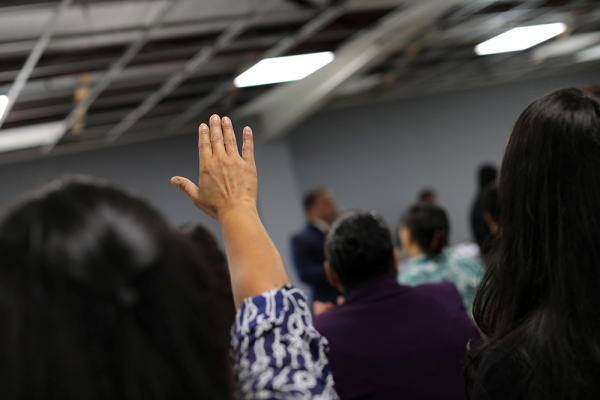Jun 21, 2024
Walking into Iglesia La Gloria de Dios Internacional, a Latino Pentecostal church in the heart of Hialeah, Fla., I felt nervous to be on church grounds. I’m Mexican American, but I don’t speak Spanish; I’m an autistic person who really doesn’t like new situations. And even though it’s now been a year since I moved back home to Miami from Minnesota, I am still a bit self-conscious of my Midwestern accent. But most importantly, I am an atheist and an openly queer and trans person living in Florida.
Read the Full Article

Already a subscriber? Login
